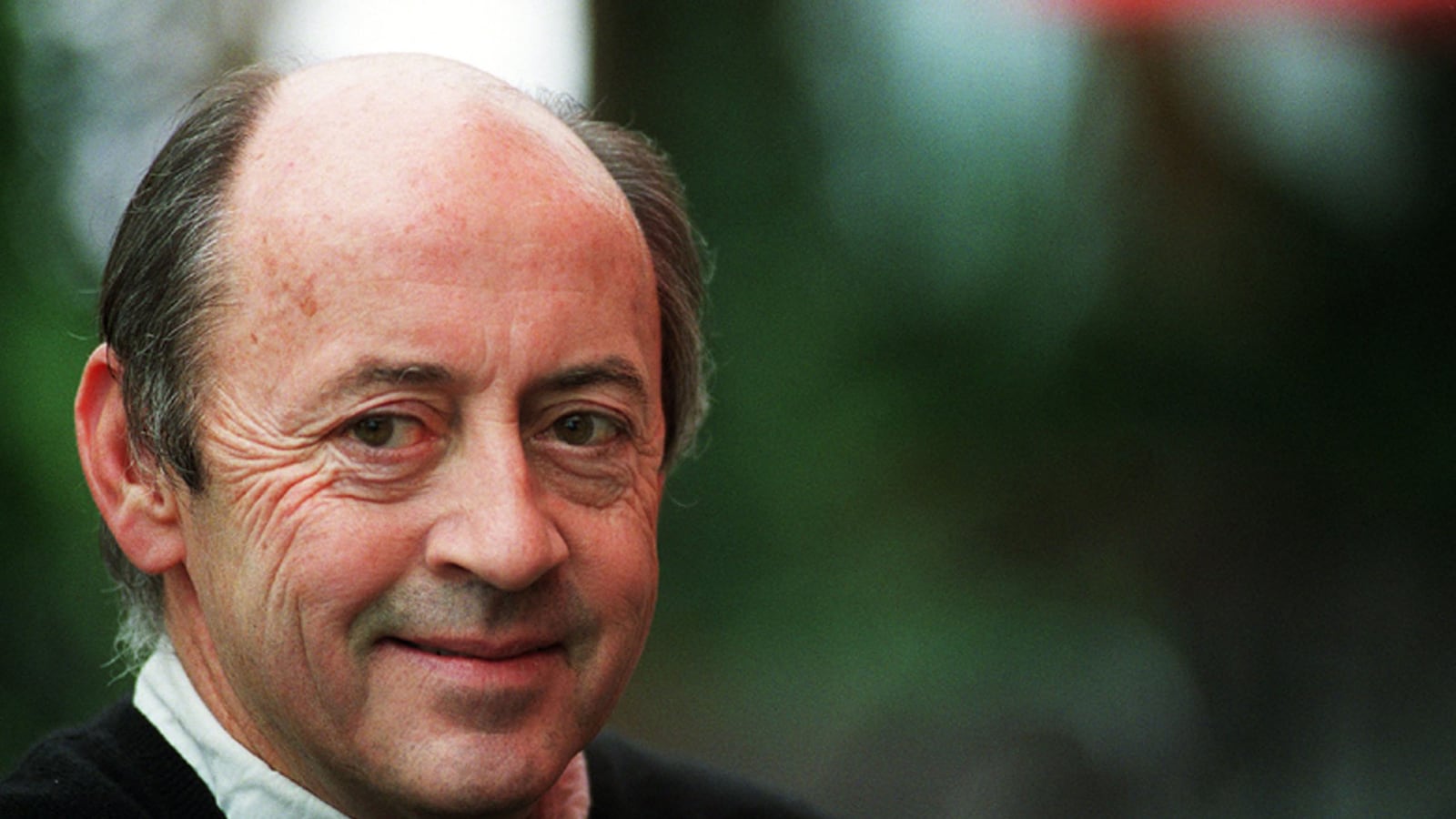On Aug. 31, a black and white photograph of Seamus Heaney filled the space above the fold of The New York Times. A close up of the late Irishman’s face, with his hard eyes that seem to be staring somewhere much farther than the day’s news, was a startling image to see while opening the paper on a Saturday morning.

It’s a rare occurrence that a poet graces the front page of The New York Times. In fact, there are only a handful of instances. The death of Adrienne Rich was one example. A publishers’ dispute over the poems of Billy Collins was another.
It’s not surprising that Billy Collins is among the select few who have made it to the front of the paper. Collins, two-time poet laureate of the United States, has often been called America’s most popular poet. His books sell in numbers unheard of in the poetry world, and his readings are consistently jam-packed. In that way, Collins follows the footsteps of Robert Frost, a widely read public figure of his day, who once said, “there is a kind of success called ‘of esteem’ and it butters no parsnips.”
Collins’s career as a poet started late. For years he worked as an English professor, and he tells me that the dream of being a poet was “completely aspirational.” When he speaks he is casual and spontaneous, as if talking to an old friend, but can also at times still have a professorial tone. He wrote poems as a high school student on the side, but was never too serious, for fear of failure or mediocrity. Collins recalls that he only started writing seriously in his late 30s and early 40s, somehow becoming popular over the next decade, and transforming from what one colleague called “the professor who happened to be a poet to the poet who happened to be a professor.”
One reason for Collins’s popularity is simply that readers have encountered his work. Collins places his poems in the public eye, on the New York City subway or the backs of Metro cards. “I’m a great believer in poetry out of the classroom, in public places, on subways, trains, on cocktail napkins. I’d rather have my poems on the subway than around the seminar table at an MFA program,” Collins says.
Another reason is that his poems make you feel included. The diction is simple, the humor is soft and his subjects deal with the relatable details of daily life. “He’s not an intimidating poet in that respect,” says Alice Quinn, the former poetry editor of The New Yorker and the current executive director of the Poetry Society of America, of which Collins is the vice president. “He’s like listening to wonderful jazz—and I mean classic jazz. I don’t mean easy listening jazz.”

Other readers, however, are less enthusiastic about Collins’s poems, claiming that they lack a heft and substance that people seek in poetry. “A Billy Collins poem” has even been used as a pejorative term in certain workshop settings. But perhaps an academic setting is just not where they belong.
Aimless Love, Collins’s latest collection, is a compilation of the past 10 years of his writing, starting from 2002, and including more than 50 new poems. These poems exist in the place where human invention and logic intersect. Each line is a hallway, leading the reader down an extension of Collins’s own strong analytical inquiry. They are important reading for any young poet trying to understand how clarity and logic are prerequisites for exploring imaginative worlds.
Collins is not an elliptical poet; he does not leave gaps. Instead he fastidiously organizes and fleshes out the fantastical worlds of his own making. Take the poem “The Four-Moon Planet,” which begins with the epigraph from a notebook of Robert Frost’s: “I have envied the four-moon planet.” Collins begins, “Maybe he was thinking of the song / ‘What a Little Moonlight Can Do’ / and became curious about / what a lot of moonlight might be capable of. / But wouldn’t this be too much of a good thing?” Collins is an archeologist of the imagination, turning over every stone of possibility as he moves through the poem.
“Cogitation” is the word Alice Quinn used to describe them. “The poems are vessels, they’re very shapely, and they do contain something transformative,” she notes. “They’re very alive, like a Calder mobile. There’s an atmosphere of agitation and cogitation.”
Whereas some poetry ignores its reader and seals itself in a shell of its own construction, Collins engages with his audience. One of the ways he welcomes the reader with open arms is through humor. He’s pretty much always funny; it is part of his aesthetic, his poetic DNA. “There’s something very authentic about humor, when you think about it. Anybody can pretend to be serious,” Collins says. “But you can’t pretend to be funny.”
There is a breezy contentment to many of Collins’ poems. In “To My Favorite 17-Year-Old-High School Girl,” Collins writes: “Frankly, who cares if Annie Oakley was a crack shot at 15 / or if Maria Callas debuted as Tosca at 17? / We think you are special by just being you / playing with your food and staring into space.” Reading it, you sense something pleasing, and slightly sad, too, about surrendering to the happiness that results from ordinary life.
Collins’s new poems contain everything you’ve come to expect from a Billy Collins poem. They stand solidly on even ground, chiseled and unbreakable. Their phrasing is elegant, the humor is alive, and the speaker continues to stroll at his own pace through the plainness of American life. But Aimless Love is not aimless. It’s measured and thought-out. Just as Collins writes at the end of his poem “Grand Central,” (one that’s displayed on subways around New York City) you always know “just when and where you are.” “There is no radical development once one has a persona,” Collins tells me. “I’m happy to stick with my persona. There are themes of love lost and love regained, but the main themes of all poems are basically love and death, and that seems to be the message of poetry.” Collins pauses. “It’s great to be alive, but it’s all going to end, and the shadow of mortality falls across the page,” he says.
I ask Alice Quinn what she thinks is the most important thing about Billy Collins’s poems. “The important thing about them is they exist,” she says.






